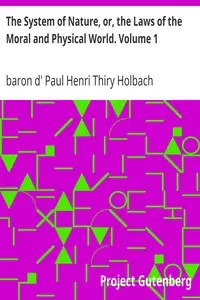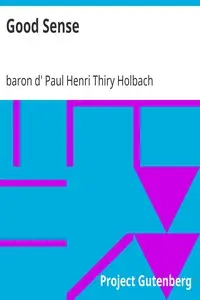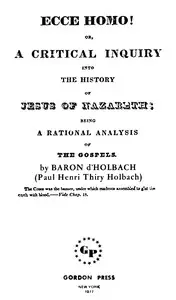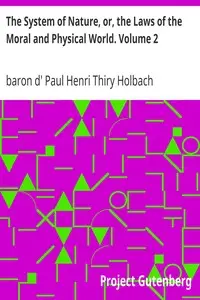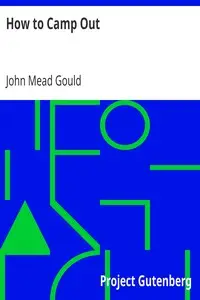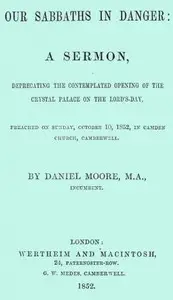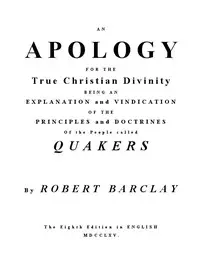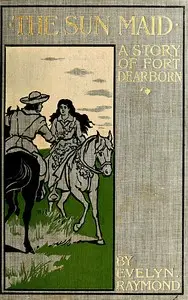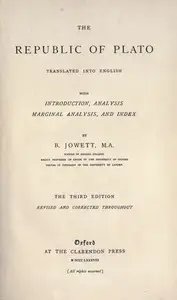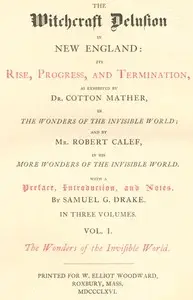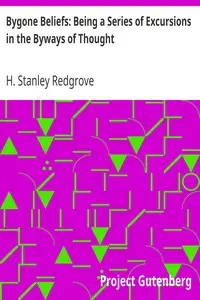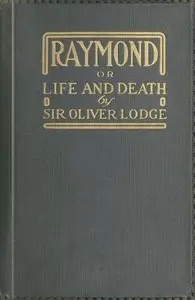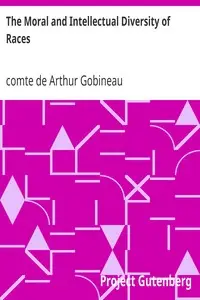"Letters to Eugenia; Or, A Preservative Against Religious Prejudices" by Holbach is a philosophical treatise written in the late 18th century. This work takes the form of a series of letters addressed to a woman named Eugenia, wherein the author seeks to liberate her from the shackles of religious dogma, arguing instead for the use of reason and philosophy as the basis for morality and understanding of the divine. At the start of the book, the correspondence begins with Eugenia expressing her distress over religious fears and anxieties that overshadow her otherwise luxurious life. Her friend, the author, responds with compassion and commitment to draw her away from superstition and towards enlightenment. He emphasizes the dangers of religious prejudice, attributing her turmoil to the harmful effects of false beliefs instilled during her education. He urges her to rely on her own understanding and reason, signaling the book's overarching goal: to provide enlightenment and foster a moral philosophy rooted in human experience rather than religious tradition. (This is an automatically generated summary.)

Letters To Eugenia; Or, A Preservative Against Religious Prejudices
By Paul Henri Thiry Holbach
"Letters to Eugenia; Or, A Preservative Against Religious Prejudices" by Holbach is a philosophical treatise written in the late 18th century. This wo...
Paul-Henri Thiry, Baron d'Holbach, known as d'Holbach, was a Franco-German philosopher, encyclopedist and writer, who was a prominent figure in the French Enlightenment. He was born Paul Heinrich Dietrich in Edesheim, near Landau in the Rhenish Palatinate, but lived and worked mainly in Paris, where he kept a salon. He helped in the dissemination of "Protestant and especially German thought", particularly in the field of the sciences, but was best known for his atheism, and for his voluminous writings against religion, the most famous of them being The System of Nature (1770) and The Universal Morality (1776).

